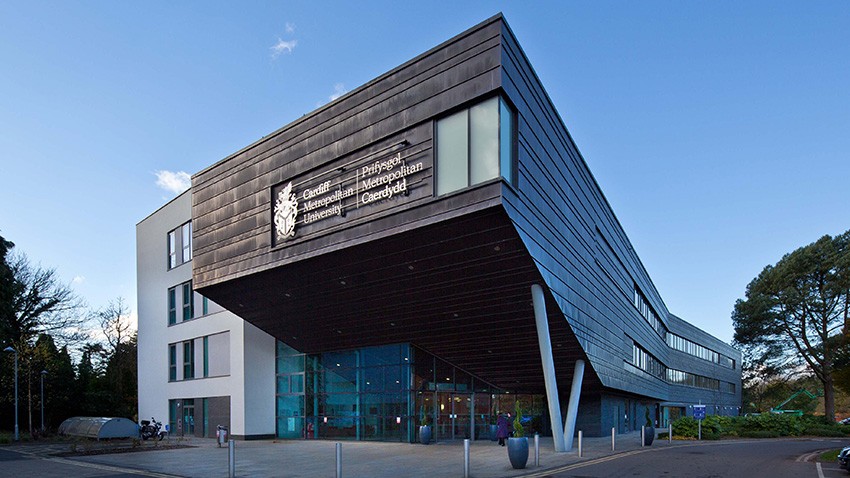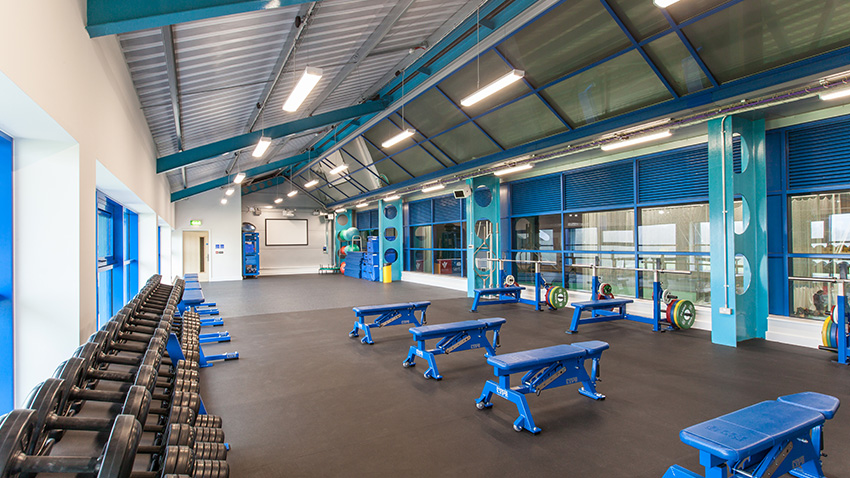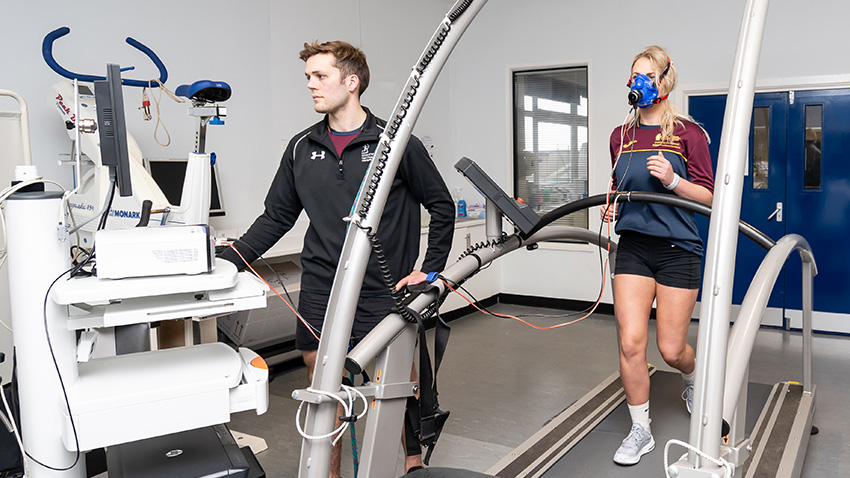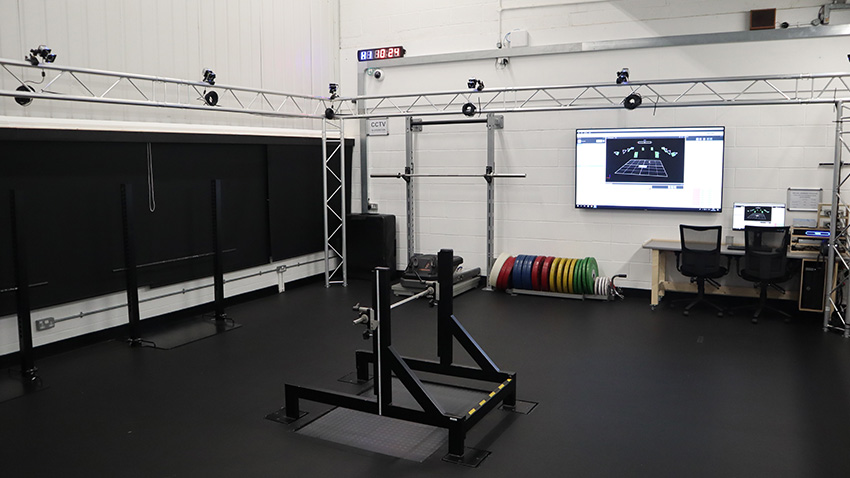📖Program Curriculum
Year One:
In the first year you will get an introduction into both micro- and macroeconomics, as well as being equipped with the necessary quantitative and academic skills to succeed not only in your studies, but more importantly in your future careers. Furthermore, you will get a wider perspective with an introduction to related subjects, like accounting, finance, information systems and law.
Students will complete 120 credits of compulsory modules in Year 1.
Modules (Compulsory):
The Economy: Microeconomics (20 credits)
The Economy: Macroeconomics (20 credits)
Quantitative Methods (20 credits)
Global Financial Services (20 credits)
Financial & Digital Accounting (20 credits)
Law and the World of Business (20 credits)
Year Two:
The second year concentrates on the more advanced study of micro- and macroeconomics. You will also learn how to use statistical analysis and how to research. As with all CSM courses a workplace module is also included in the second year of study to prepare students for their careers after completing their studies.
Students will complete 100 credits of compulsory modules and will be able to select 20 credits from the range of available optional modules.
Modules (Compulsory):
Intermediate Microeconomics (20 credits)
Intermediate Macroeconomics (20 credits)
Quantitative Methods II (20 credits)
History of Economic Thought (20 credits)
Work Experience OR Volunteering Project(20 credits)
Modules (Optional*):
Contemporary Issues in International Political Economy (20 credits)
Public Finance (20 credits)
Year Three:
The third year focuses on applying economics, but also explores further important areas of economics, which are health and monetary economics (why money is important, how a credit crunch happens), as well as public economics, which is all about the economic tools important for governments. The dissertation will be an opportunity to apply your acquired knowledge and skills. This will further prepare you for your future professional or academic career.
Students will complete 80 credits of compulsory modules, including a Dissertation and will be able to select 40 credits from the range of available optional modules.
Modules (Compulsory):
Applied Microeconomics (20 credits)
Macroeconomics: Theory and Application (20 credits)
Econometrics (20 credits)
Behavioural Economics (20 credits)
Modules (Optional*):
Dissertation (40 credits)
Industrial Economics (20 credits)
International Political Economy (20 credits)
Economic Tools for Government (20 credits)
Advanced Games and Applications (20 credits)
*Please note that optional modules are delivered subject to demand and availability
Sandwich Degree Programme: Students on the sandwich modes complete a 20-credit level 6 module which consists of a full year’s secondment at an employer in the local area or the area local to the student’s home.
Show less🏠 Accommodation
You will need to book the accommodation after you have been accepted.
You can choose to live on campus or off campus in private accommodation.
How to book:
- Make a booking online after you have been accepted (in this case please let us know your choice when you apply).
- Register when you arrive - its not possible to reserve a room before arriving. You can arrive a few days before and book it
💰 Fees
Application Fee:
$0 USD
Tuition fee:
15,000 GBP per year
60,000 GBP in total
❓✅❌ Entry Requirements
The minimum age is 18.
English fluency is required.
You need to be either:
- A native English speaker
- Studied a degree in English before
- Can demonstrate a high level of English
- Having an English certificate such as IELTS level 6 or TOEFL 95 and above is an advantage.
Minimum education level: High School.
The program is competitive, you need to have a high grades of Average A, 70%, or a high GPA.
All students from all countries are eligible to apply to this program.
Or see the list of programs you are eligible for here .
📬 Admissions Process
3 Steps to Apply to a University
Please choose the programs here , "You are advised to select 2-3 programs to increase your chances of getting accepted.
Required Documents:
- Passport
- Graduation certificate
- Passport size photo
- Official transcript
- Personal statement
- English certificate (You can take the English test online)
- Guarantor letter
Preparing documents:
You can start your application now and send the application documents during your application. Some documents you can send later if you don’t have them right away. Some more info about preparing application documents is here
Application process:
Applying Online is simple in just a few steps. More information is available here.
The first steps are to choose the programs, pay the application fee and upload the application documents.
Once submitted to Global Admissions, we will review your application within 2-3 days and proceed to the university or ask you for further clarification
After it has been processed to the university you will receive your unique application ID from each university.
The university may contact you directly for further questions.
We will then follow up each week with the university for updates. As soon as there is any update we will let you know. If you have made other plans, decide to withdraw / change address at any time please let us know.
After you have been accepted you will receive your admissions letter electronically and asked to pay the non-refundable deposit to the university.
Once you have paid the deposit the university will issue you the admissions letter and visa form to your home country.
Show less❓ Have a Question?
There are no similar questions. Please send us your question below













